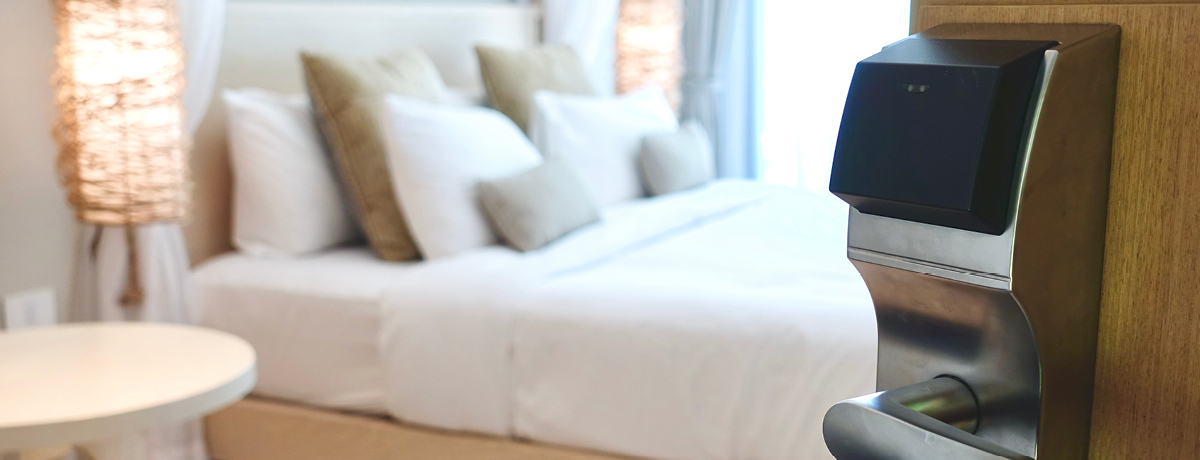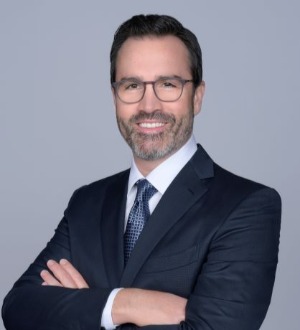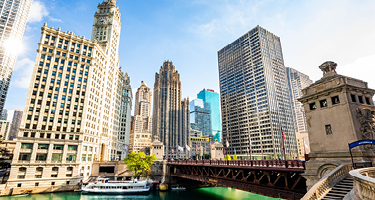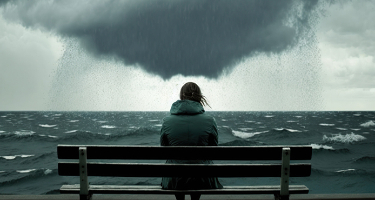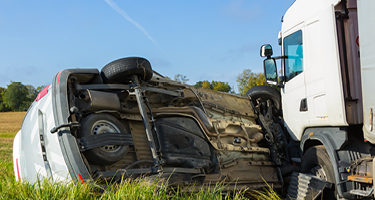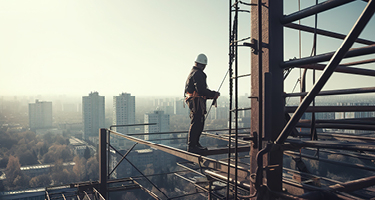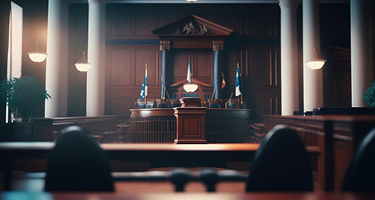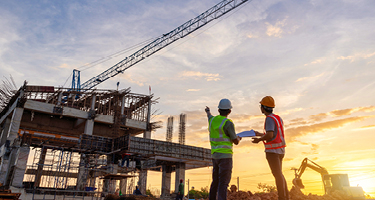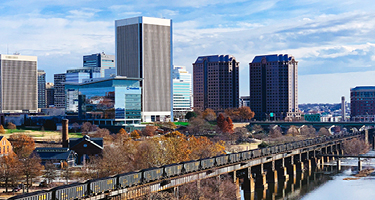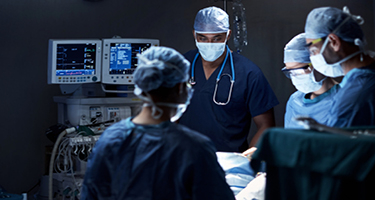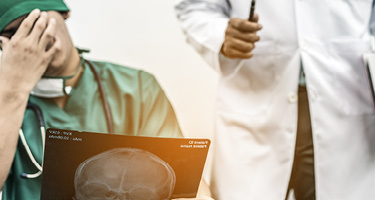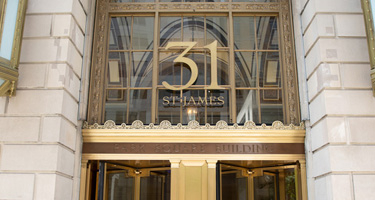A SEXUAL ASSAULT is a horrific experience that can take place anywhere, anytime. Perhaps surprisingly, sexual assaults on cruise ships have been of critical concern for many years and a legal area in which our law firm is highly skilled in representing victims.
Cases of reported sexual assaults on cruises have increased in recent years, leading to a much-needed increase in public scrutiny of the industry, including its handling of these crimes and the preventive measures that cruise lines take to prevent them. Still, we must continue to raise public awareness about these risks—what we call a “hidden epidemic.”
This raises an uncomfortable question: Are sexual assaults overall a similar hidden epidemic? Unfortunately, yes. In the last few years we’ve seen an alarming increase in the frequency of rapes and sexual assaults at hotels and resorts, both in the United States and around the world.
To complicate matters, rapes and sexual assaults are chronically underreported, meaning that there are few, if any, accurate numbers available. Sadly, the Bureau of Justice Statistics estimates that only about a third of rapes and sexual assaults are reported to law enforcement.
How Closely Linked Are Hotels and Sex Crimes?
Any hotel guest has every right to expect that the company and staff have taken all necessary steps to keep them safe from crimes such as theft, assault and rape. While the vast majority of hotel visits pass without incident, hotels are nonetheless common locations for sex trafficking, rape and other unwanted sexual acts.
According to the 2021 Federal Human Trafficking Report, hotels accounted for 17t of the defendants in human trafficking cases, and “80% of new cases involving a completed sex act occurred at a hotel.”%
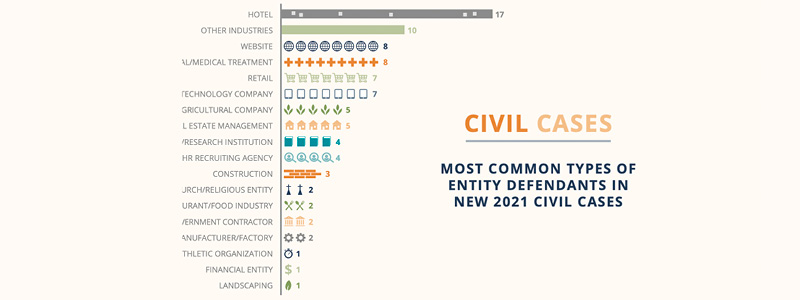
This data shows that hotels are prime locations for a range of criminal sexual activity. According to a 2018 report by Polaris Project, a nonprofit working to fight and stop sex traffiicking, court documents in a 2017 lawsuit stated that “a survivor who was 14 at the time of her potential trafficking alleged that hotel operators ‘knew or had constructive knowledge’ that she was being sexually exploited, and the hotel, for its own financial gain, consistently provided hotel rooms to her traffickers.”
Why are hotels such a dangerous location for rape, sexual assault and other sex crimes? The answer is multifaceted, but one main reason is that criminals and sexual predators likely prefer the “neutral” location of a hotel or resort rather than their home or workplace, as it reduces the chance of being caught. Combine this with a transitory population of guests and the chance of being caught diminishes further. Hotels are aware of this danger, yet they are not taking the necessary steps to prevent these incidents from happening: increasing security and notifying guests of known security problems. Hotels must do more to protect their guests and must be held accountable if they fail to do so.
To make matters worse, many hotels and motels attempt to handle incidents internally, without involving police, and these responses are often inadequate. Furthermore, internal handling of criminal acts may include an attempt at evading liability by coercing victims to sign documents that waive their rights or prevent them from bringing litigation against the hotel. In our experience and opinion, companies will do all they can to keep these crimes as quiet as possible.
What Are the Main Causes of Hotel Sexual Assaults?
We routinely and successfully represent victims of hotel sexual assaults. We hear their stories and fight for justice for them. We have been representing the injured since 1971—more than 50 years of tragic yet preventable stories. In our firm’s work with hotel rape and sexual assault survivors, we’ve found the following failures to be central. Remember that the specific cause can be any number of things, but the more important issue is that a victim must prove that the hotel or other defendant failed to uphold the duty of reasonable care owed all guests.
Inadequate security. Many hotels do not have proper security measures to keep predators out. Inadequate lighting in hallways and parking garages plays a role, as do a lack of security cameras, broken or ineffective locks and multiple access points that allow assailants to enter without detection. Fire escapes and emergency exits that are not properly maintained and monitored are significant security risks as well.
When a predator can bypass poor security measures, all hotel guests are at risk. These inadequacies may, in fact, encourage or embolden a predator who knows that there is little risk of detection or consequence.
Hotels can do their part to prevent sexual assault by implementing effective security measures, including installing (and monitoring) surveillance cameras in common areas, maintaining access points like fire exits, side entrances and room doors, and making sure that stairwells, parking areas and other dark and isolated locations on the property are well-lit and patrolled.
Improper employee training. Hotel staff, including maintenance workers, desk agents and housekeeping, must be properly trained to recognize suspicious behavior when they interact with guests, and trained to report this behavior to protect others from potential harm. Additionally, employees must be trained to recognize security problems such as broken door locks or disconnected security cameras.
If hotel staff is either improperly trained or fails to act on indications of a dangerous situation, blame falls on the hotel, and it must be held accountable for this egregious failure. There are troubling reports of hotel staff providing room keys to rape suspects without identification, leading to sexual assaults inside locked hotel rooms—just one example of a dreadful lack of proper training.
Hotels must institute and uphold policies requiring all staff to undergo ongoing training to identify potential threats, including rape and human trafficking. They must also train employees on responding to and reporting incidents of sexual assault to the proper authorities instead of trying to handle these cases internally to avoid liability or bad press.
Drugs and alcohol. These are common factors in sexual assaults worldwide. Bars and nightclubs in hotels typically serve alcohol, and staff are expected to monitor patrons’ conditions and “cut off” clearly intoxicated guests. This often doesn’t happen, resulting in highly intoxicated guests who might pose a threat to others in the facility, who may or may not have interacted with the potential predator throughout the evening. Additionally, “date rape drugs” like Rohypnol can be used to spike a victim’s drink, incapacitating them and making them vulnerable to rape or sexual assault.
Bar, nightclub and hotel staff must monitor guests’ conditions throughout the night and communicate possible trouble to other employees and guests to avoid a dangerous situation.
As with the aforementioned security and staff issues, hotels can mitigate the likelihood of drug- and alcohol-related sexual assaults by properly training their staff to recognize the signs of possible threats. They should ensure that all employees are trained to recognize the signs of date rape drugs and addressing potential threats as soon as they become apparent.
What Can Victims of Hotel Rape or Sexual Assault Do to Seek Justice?
Thankfully, we have the answer to this as well. A victim of a rape or sexual assault will be disoriented and overwhelmed after this terrible experience, and trying to determine what to do next can complicate matters further. This is a sensitive issue, and sadly most rapes and sexual assaults go unreported.
The most important thing is to alert the police and hotel staff as soon as possible. Do not rely on hotel staff to follow up with law enforcement, because their policies may encourage employees to handle incidents internally. If you call 911, local law enforcement will supersede the hotel staff in the investigation, which is an important first step toward accountability.
Seek medical attention immediately—the EMTs who arrive at the scene after you call 911 will help you take the first steps and guide you through the rest of the process. They’ll help you address any physical injuries, collect evidence and take measures to prevent STDs or other infections, gathering evidence as they do.
Finally, hiring an attorney is one of the best decisions you can make. Your lawyer will be able to investigate the incident and identify the responsible parties while you focus on healing and recovery. Our law firm will perform an in-depth investigation to identify the negligent or reckless behaviors that led to your attack, ascertain who was responsible and determine the best way to move forward with a legal case.
An experienced attorney can help alleviate the stress of an already traumatic experience by handling these legal aspects. As a victim, you deserve peace and quiet in the aftermath, and an experienced lawyer understands this and will fight for you while giving you the space you deserve.
Are hotel guests as likely to experience assault as passengers on a cruise ship? As I’ve laid out above, the data shows that they are. The good news is that millions upon millions of people stay in hotels across the globe each year without any trouble. If a problem should arise, you have a solid team of trusted legal advocates at Lipcon, Margulies & Winkleman, P.A. who are ready to help you seek justice.
Michael A. Winkleman is one of the nation’s top maritime lawyers. An active trial and appellate attorney, Mr. Winkleman is a frequent contributing expert on maritime and cruise ship law, having made hundreds of national television appearancesregarding cruise ship and maritime law.
